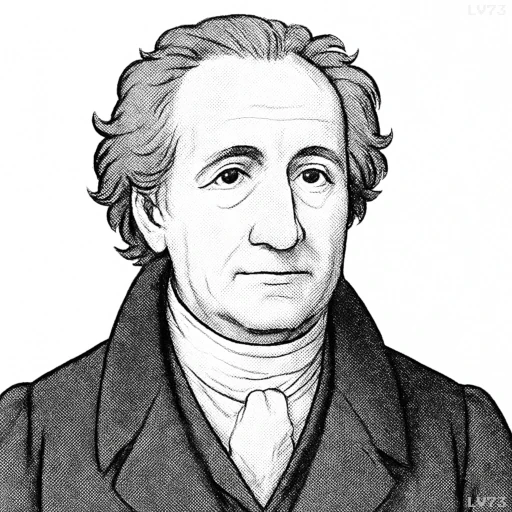“Letters are among the most significant memorial a person can leave behind them.”

- August 28, 1749 – March 22, 1832
- German
- Poet, playwright, novelist, philosopher, politician
table of contents
Quote
“Letters are among the most significant memorial a person can leave behind them.”
Explanation
Goethe emphasizes that letters, as personal expressions of thought and feeling, carry great weight and can serve as lasting testaments to a person’s character, beliefs, and relationships. Unlike other forms of communication, letters often contain intimate details, reflections, and a person’s unique voice, making them valuable not just in their immediate context but as historical documents and personal legacies. A letter can capture the essence of an individual’s thoughts at a particular moment in time, creating a personal connection that endures beyond their lifetime.
Historically, letters have served as important cultural artifacts. In Goethe’s era, before the advent of modern technology, letters were one of the primary means of communication, and they carried significant weight in preserving relationships and sharing ideas. Letters were not only ways of conveying information but also expressions of intimacy, emotion, and personal philosophy.
In the modern context, while digital communication has replaced many traditional forms of written correspondence, the idea of letters as legacies still holds true. Personal letters, whether handwritten or sent through email, often contain deeper meaning than more casual messages. For example, letters from important figures, like politicians, authors, or artists, often provide insight into their thoughts and ideas, making them valuable historical records. Personal letters, too, from family members or friends, serve as reminders of relationships and the impact one person had on another’s life.
Goethe’s quote reminds us that the written word, especially in the form of letters, holds the potential to preserve a piece of a person’s soul, offering a lasting memory of their presence, thoughts, and emotional life long after they are gone.
Would you like to share your impressions or related stories about this quote in the comments section?




